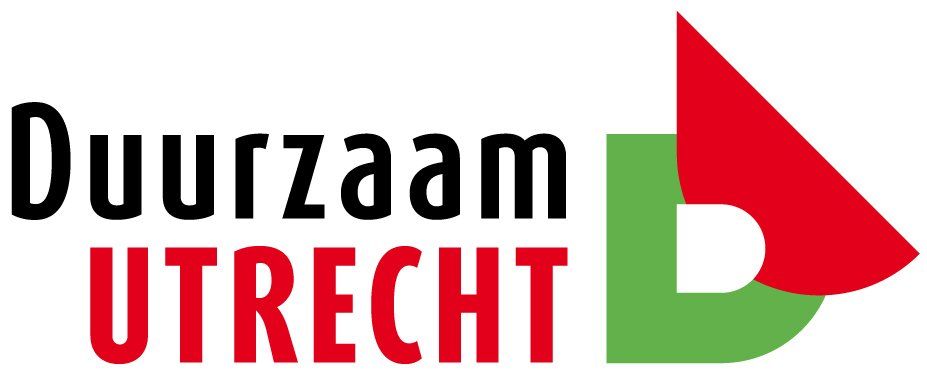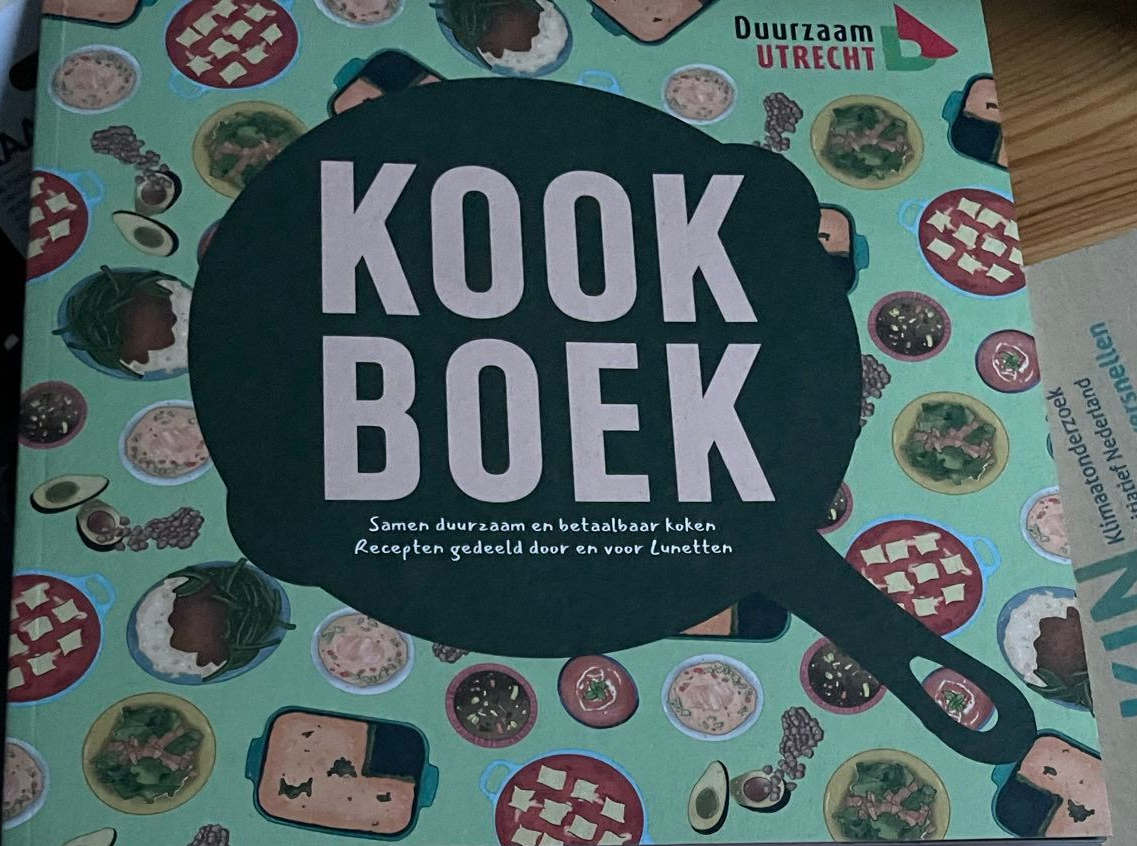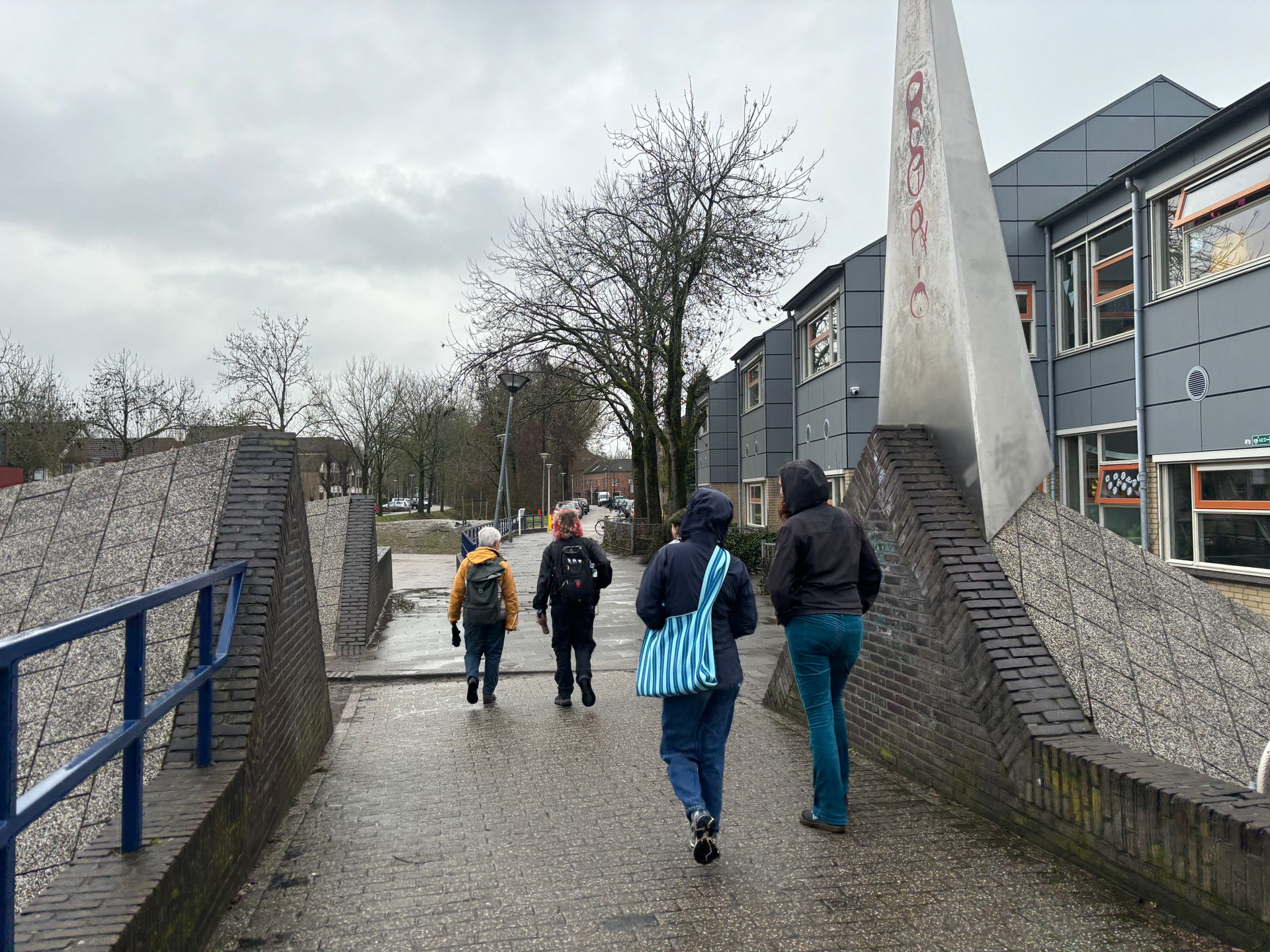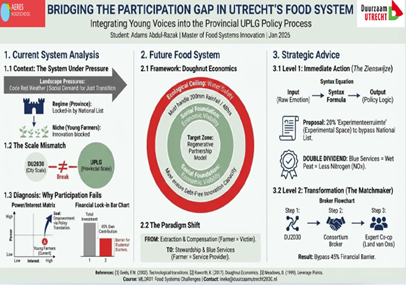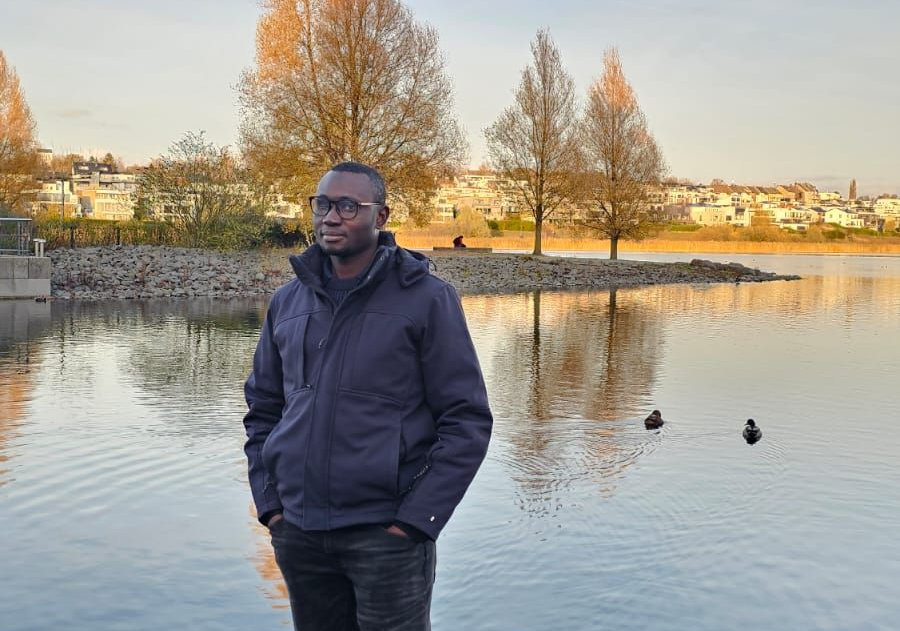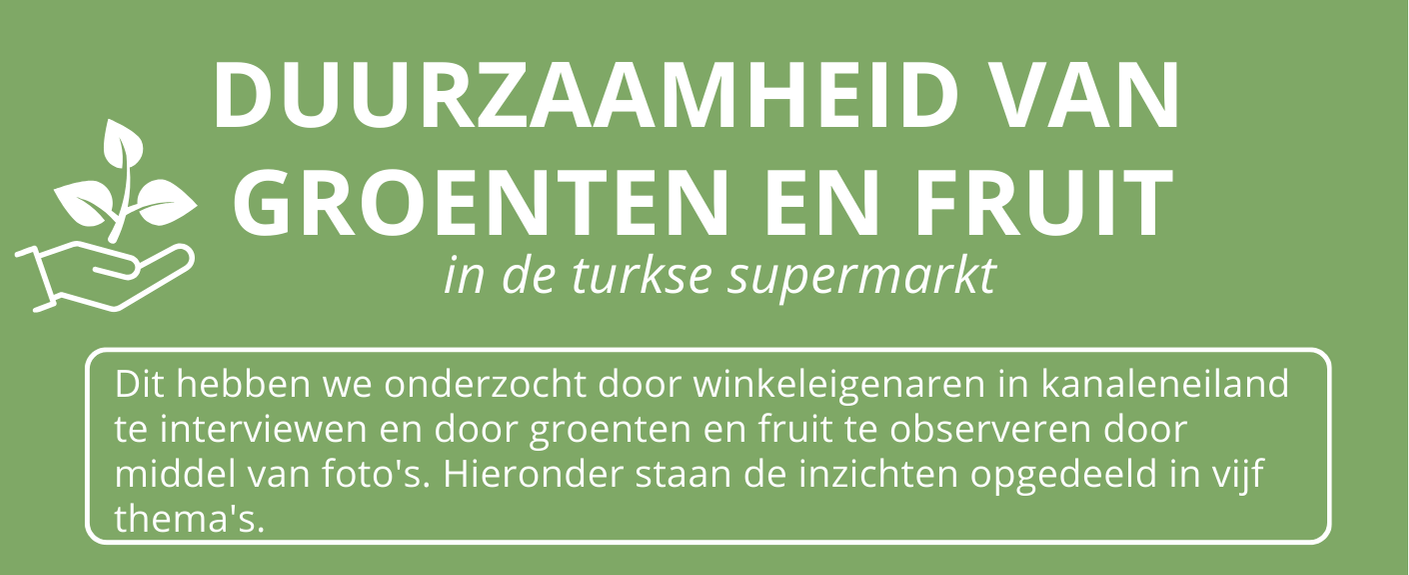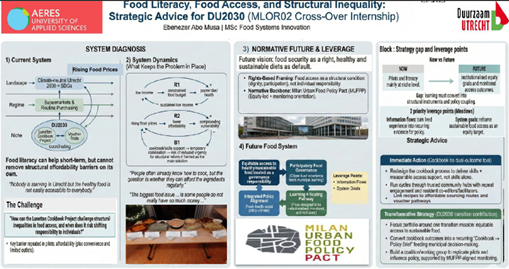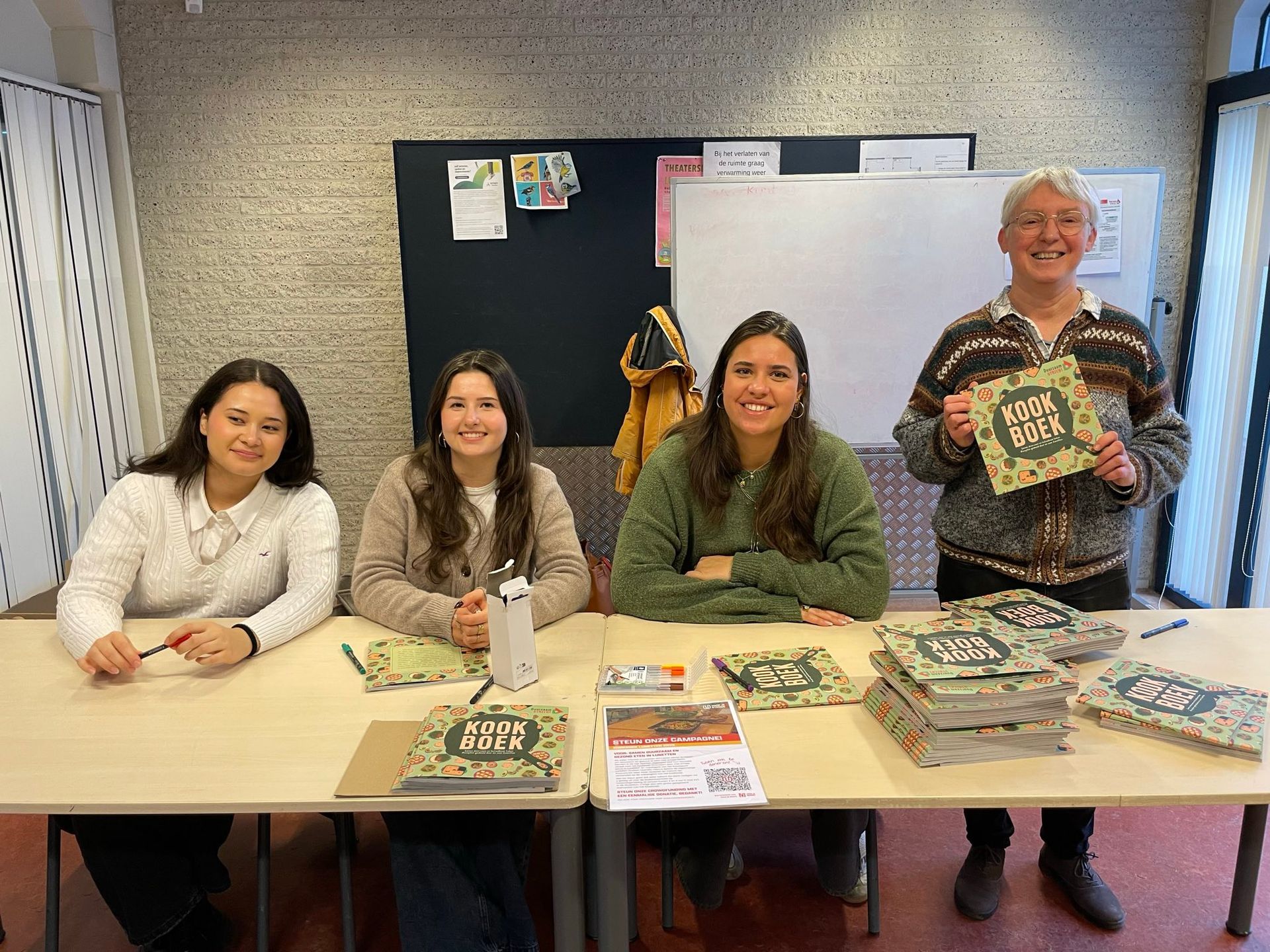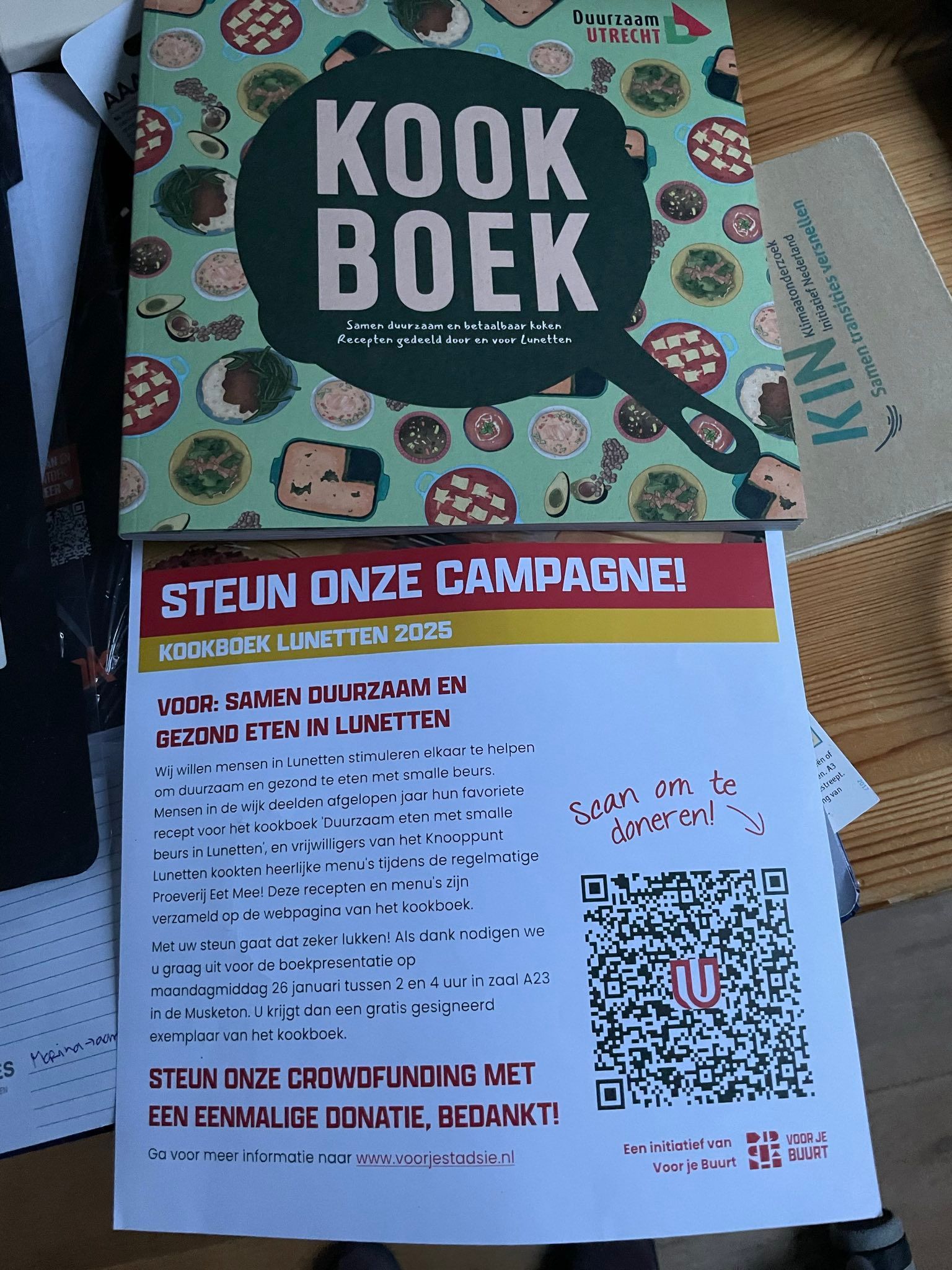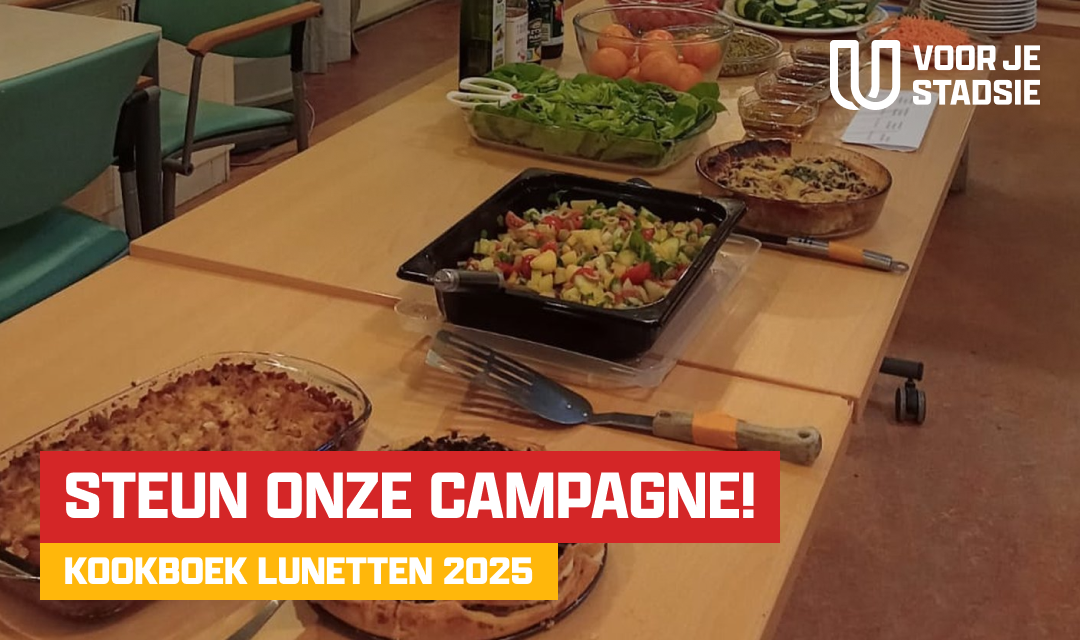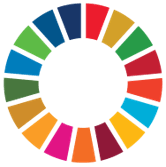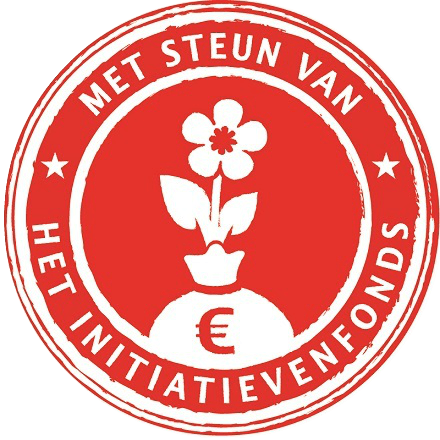Empowering Youth Collaboration
Bridging Turkish Tradition & Dutch Innovation for Sustainable Farming
I’m Adams Abdul-Razak, currently pursuing a Master of Food Systems Innovation at Aeres University of Applied Sciences in the Netherlands. My academic journey began with a B.Sc. in Biological Sciences Education from the University of Education, Winneba, and a Postgraduate Diploma in Occupational Safety, Health, and Environmental Management from GIMPA. My professional journey has taken me from teaching science in Ghanaian high schools to working as a Safety, Health, and Environment Technician at Asanko Gold Mines based in Ghana, where I monitored environmental samples and conducted risk assessments. These experiences gave me a strong foundation in both education and environmental management, but they also revealed the urgent challenges facing our food systems. My research interests include food security, climate change, and agribusiness which drives my passion for exploring how youth across cultures can collaborate to shape the future of sustainable agriculture.
Why this theme? Turkish and Dutch Youth Collaboration Matters
Turkey’s agricultural heritage and diverse climates meet the Netherlands’ expertise in high-tech, precision farming. Bringing youth from these two contexts together offers a unique opportunity to blend traditional knowledge with cutting-edge innovation.
SWOT Analysis of the programme of the Smart Farming Future workshop
Strengths
● Tradition meets technology
● Shared motivation around climate change and food security
● Youth energy, creativity, and adaptability
Weaknesses
● Resource gaps between contexts
● Coordination challenges across language and culture
● Risk of short-term focus without institutional support
Opportunities
● Creation of agricultural innovation hubs
● Policy influence through youth-led initiatives
● Entrepreneurial ventures combining Dutch tech with Turkish practices
● Scalable models for other regions, including Africa
Threats
● Economic or political instability
● Climate risks disrupting pilot projects
● Brain drain of talented youth
● Competition from global agribusiness giants
Conclusion
For me, this collaboration is more than an agricultural experiment, it’s a social innovation mode that reflects the spirit of the United Nations’ Sustainable Development Goal 17 on partnerships. It shows how youth can bridge cultural divides, harness technology, and co-create resilient food systems.
As a master’s student in Food Systems Innovation, I see this as a blueprint worth adapting globally, especially in contexts like Ghana where empowering youth inclusion in agriculture is critical.


